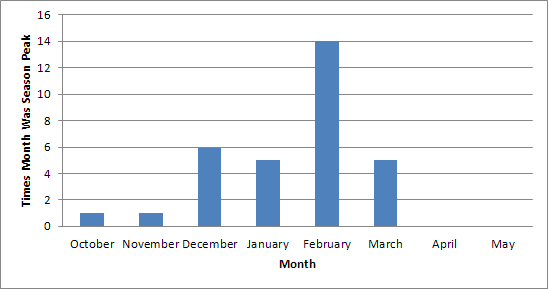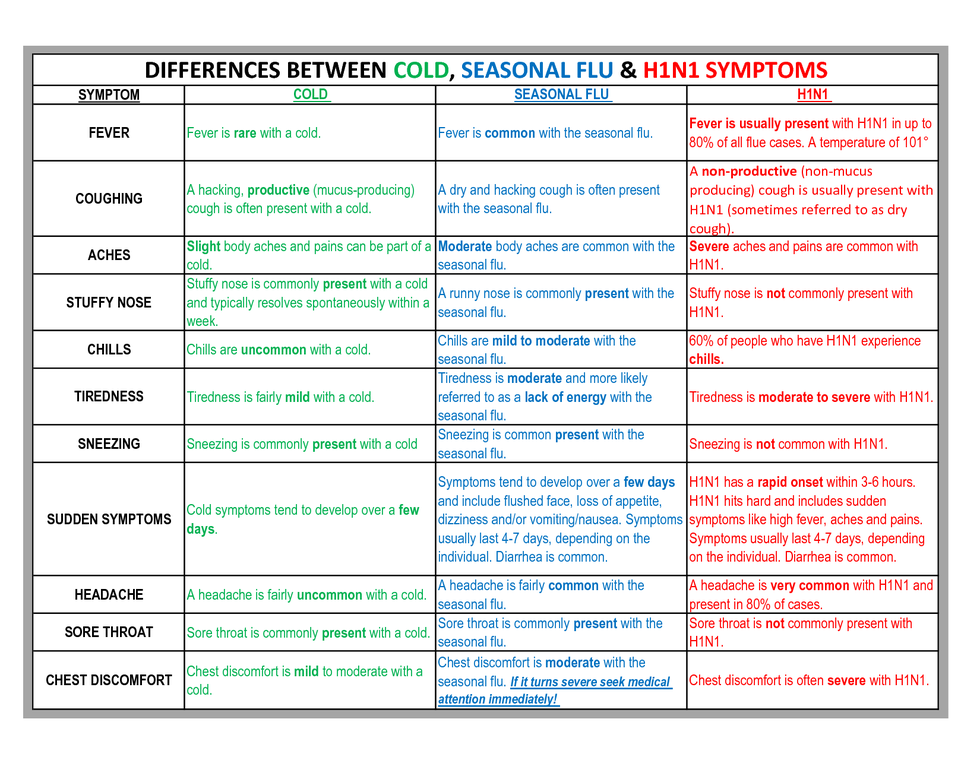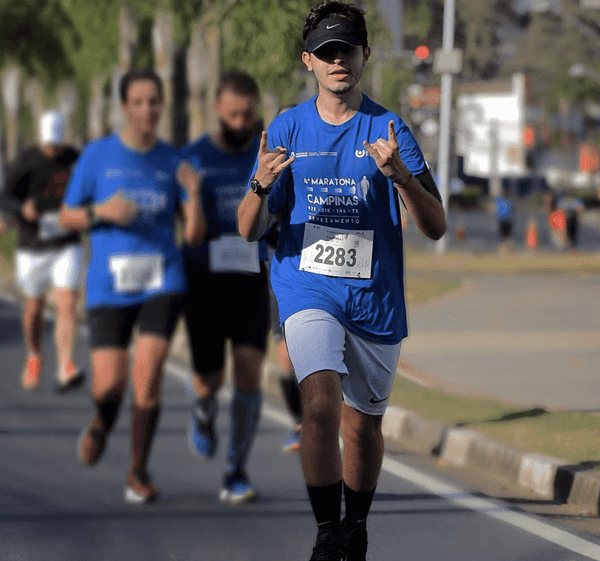Homecoming, Halloween, Thanksgiving and many exciting events are coming up during this fall, but sickness can quickly turn your evening from a night of fun into a night of coughing, sneezing, and runny noses. Here are a few tips to help keep your mornings, noons, and nights lit and your health better than ever before.
1. Constantly Sanitize Yourself and Your Personal Items
With the commotion of studying for exams, preparing for Homecoming, and catching up on sleep many tend to forget to keep up basic hygiene. Yes, we are in college and many “don’t have time” to do many activities, but your health should always be a number-one priority that should be catered to everyday.
Constantly wash your hands with warm water and soap for a minimum of 20 seconds. After drying your hands, use a paper towel to turn off knobs and open the door. Always keep in mind that you never know what lurking germs you may be exposed to within one minute.
From your phone, to your computer keyboard, to everyday pens, bacteria is all around us. Regularly sanitize your belongings with alcohol-based cleansers to avoid infections and to keep germs away. “All of [these objects] have great potential for harboring germs,” says Neil Schachter, MD, professor of medicine at Mount Sinai School of Medicine in New York City.
Also wash warm, moist areas in your house. These dark areas may be harboring bacteria and germs that have festered over time. Therefore, you may want to consider washing the washing machine, dishwasher, and shower before using them. Run the “clean” cycle every now and then.
2. Avoid Finger Foods
A majority of us love the occasional burger and hotdog, but during flu and cold season this is one of the biggest mistakes. During high seasons of sickness avoid putting your hands in or near your nose and mouth and do not bite your nails you never know what may lie underneath! “No matter how clean they may be, hands are veritable germ factories,” comments expert Sandra Fryhofer, MD, from Emory University School of medicine. Yes, this may be hard considering a majority of the cheapest foods available for college students are hand-held foods and many in college are running low on funds to afford pricey food, but do whatever you can to eat meals that involve a spoon or fork. If you find yourself in a situation where you absolutely must eat with your hands, lightly wrap your food in a napkin for precaution.
3. Exercise and Fresh Air
A balanced exercise regimen is a key component for boosting your immune system. Do at least 20-30 minutes of cardio every day, preferably in the morning. If this is not realistic for you, try to exercise in between classes or in the evening. For those who have a jam-packed day, take a night run or jog. A good blood flow and heart pump is great for the body. Light to moderate exercise daily will strengthen your heart and immune system. If you are already sick, it is also suggested that you exercise, unless you have a very high fever, chills, or cough.
Once you have completed your workout, it is recommended that you continue to keep your body moving or running for 40 to 60 minutes without stopping. “There is a 72-hour window during which your body is severely distressed, and that’s a time when people are susceptible to getting sick. …You have to let your body recover and not force it to work hard while its in a weakened state,” says Scott Weiss, MD. Overexertion may manipulate the immune function in a negative way, so exercise but do not overwork your body.
Note: “One reason we get sick when it’s colder is because we’re sharing more inside air … open a window or walk outside, be sure to be bundled though”
4. Avoid Excess Sugar and Alcohol
For those of you 21 and over, please think twice before drinking your next bottle of wine, beer, or any alcohol. According to the National Institute of Alcohol Abuse and Alcoholism, excessive alcohol suppresses the immune system. Homecoming is right around the corner, but it is also fall, so, ladies, stick to one drink per day. Excess alcohol and sugar, in addition to weakening the immune system by reducing the ability of white blood cells to efficiently kill bacteria, can disrupt the sleep cycle, cause dehydration, and if you are already sick, can prolong your sickness. Sweets, and, for those older than 21, alcohol may be great as well, but so is a healthy body. For women should stick to 6 teaspoons of sugar a day, while men can have up to 9 teaspoons.
5. Sleep
Getting caught up in partying all night, going to class all day, and repeating the cycle is the expected lifestyle of a college student, but this is not ideal. A lack of sleep can impair your immune system greatly and cause a plethora of other issues. “Studies show that our T-cells go down if we are sleep deprived. And inflammatory cytokines go up. … This could potentially lead to the greater risk of developing a cold or flu,” explains Dr. Balachandran in a WebMD article. As college students, we are still trying to do our best in school, but simultaneously have fun as much as we can before graduation. Yet, all-nighters decrease the body’s ability to fight off those annoying colds and bacterial infections.
6. Vaccinations
2015 is expected to be one of the worst cold and flu seasons. So why not go ahead and beat the illness by getting vaccinated early. No more skipping your shots. Take advantage of your college or university’s free services. Early treatment is the best and most effective way to protect yourself against sickness. A flu shot is “essential and [a good way] to stay in the best possible health year-round.”























